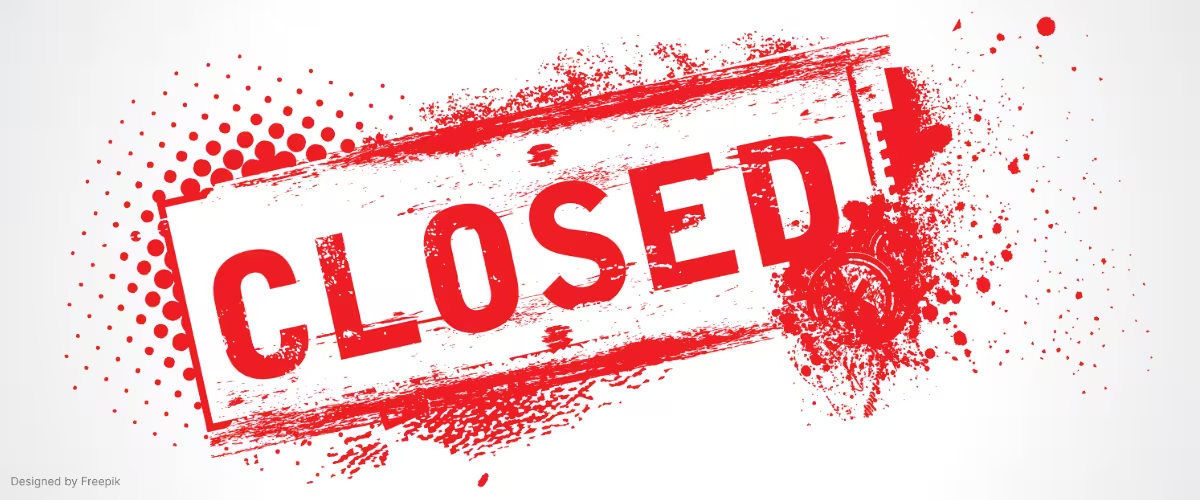

How to Break a Lease Early in British Columbia: Legal Steps and Tips for Tenants
Breaking a lease early can be stressful, but sometimes life requires a change. Whether you are relocating for work, facing safety concerns, or dealing with personal circumstances, it is possible to end your lease legally in British Columbia. This guide explains your rights and outlines the correct legal steps under the BC Residential Tenancy Act so you can protect yourself and avoid penalties.
Understand Your Lease Agreement First
Before taking any action, review your lease carefully. In British Columbia, rental agreements generally fall into two categories:
-
Fixed-term lease: Runs for a specific period, such as one year. You are expected to stay until the end of the term.
-
Month-to-month tenancy: Continues automatically each month until proper written notice is given.
If you have a fixed-term lease, ending it early without following the correct process could lead to financial or legal consequences. The first step is to understand exactly what you signed.
Know Your Legal Reasons for Ending a Lease Early
The Residential Tenancy Act of British Columbia (administered by the Residential Tenancy Branch, a division of the Government of BC) defines valid reasons tenants may end a lease before it expires. You can read the official act at www2.gov.bc.ca.
1. Fleeing Domestic Violence or Facing Safety Risks
If you or a dependent are facing violence or another health and safety risk, you may end your lease early by providing written notice along with a statement from an authorized professional, such as a doctor, nurse, social worker, or law enforcement officer.
2. Landlord Fails to Maintain or Violates Tenant Rights
If your landlord has not met legal obligations—such as maintaining the property in a safe, livable condition-you may apply to the Residential Tenancy Branch to end your tenancy without penalty.
3. Military Service or Deployment
Active-duty members of the Canadian Forces may end a lease early with official proof of deployment.
If none of these apply, you can still negotiate with your landlord for a mutual end to the lease or by finding a replacement tenant.
Step-by-Step Guide: How to Break Your Lease Legally in BC
Step 1: Communicate With Your Landlord
Start by discussing your situation honestly. A cooperative landlord may allow you to end the lease early, especially if you offer sufficient notice or help find a new tenant.
Step 2: Put Your Request in Writing
Always follow up verbal discussions with a written notice. Include:
-
The date you plan to move out.
-
The reason for ending your lease early.
-
Any steps you are taking, such as offering a replacement tenant.
This documentation protects both parties and creates a record in case of a dispute.
Step 3: Assign or Sublet Your Lease
Under BC law, you can assign (transfer) your lease to another tenant or sublet the unit (someone rents temporarily while you remain responsible). You must get written permission from your landlord, who cannot refuse without a valid reason. This is often the easiest legal method to exit a lease early.
Step 4: Provide Proper Notice
For month-to-month agreements, tenants must give at least one full month’s written notice before the end of a rental period. For fixed-term leases, written consent or a legal reason must be in place before you move out. Make sure the notice period aligns with your lease and provincial guidelines.
Step 5: Leave the Unit in Good Condition
Tenants are responsible for cleaning, repairs (beyond normal wear and tear), and returning the property to its original condition. Take photos before leaving to document your efforts and protect your damage deposit.
Step 6: Confirm in Writing and Return Keys
Ensure your landlord provides written confirmation that the lease is officially ended and that no further rent is owed. Return all keys, settle outstanding payments, and request your deposit refund through the proper channels.
What If the Landlord Refuses?
If your landlord refuses to let you assign, sublet, or end your lease despite a valid reason, you can apply for dispute resolution through the Residential Tenancy Branch. The Branch may review your case and issue an order allowing you to end the lease legally. Learn more about the dispute process on the BC Government’s official site at www.gov.bc.ca.
When Not to Walk Away
Leaving without following the correct process can have serious consequences:
-
You may receive a negative reference from your landlord.
-
The landlord can file a claim for unpaid rent or damages.
-
Your credit score may be affected by unpaid rental debt.
Following legal procedures protects your financial standing and ensures your move does not lead to future issues.
How Tingsapp Helps With Urgent or Last-Minute Moves
If you need to move quickly after ending your lease, Tingsapp can help simplify the process. With upfront pricing, verified local movers, and same-day booking options, you can relocate anywhere in British Columbia efficiently and affordably. Whether it is a small apartment, shared unit, or full household move, Tingsapp provides transparent service to make relocation stress-free.
You can easily book trusted movers in your area through the Tingsapp booking page or explore detailed moving resources on the Tingsapp Blog.
Frequently Asked Questions
1. How much notice is required to end a month-to-month tenancy in BC?
Tenants must provide one full month of written notice before the end of the rental period. For example, if rent is due on the first, notice must be given before the end of the previous month.
2. Can I break a lease early for financial reasons?
Financial hardship is not a legal reason to end a lease under the Residential Tenancy Act, but landlords may agree to terminate early if you communicate honestly or find a replacement tenant.
3. How do I officially apply to end my lease for safety reasons?
You can give written notice and provide proof from an authorized professional as required under Section 45.1 of the Residential Tenancy Act.
4. What if my landlord withholds my damage deposit?
If your landlord refuses to return your security deposit without a valid reason, you can file a claim through the Residential Tenancy Branch for dispute resolution.
5. Can Tingsapp help me move on short notice?
Yes. Tingsapp offers last-minute and flexible scheduling so you can relocate safely and affordably anywhere across Metro Vancouver and the Lower Mainland.
Conclusion and Call to Action
Breaking a lease early in British Columbia can feel overwhelming, but following the proper legal steps ensures a smooth and penalty-free transition. By understanding your rights, giving proper notice, and documenting everything, you can protect yourself and move confidently.
If you are preparing for a quick move, visit Tingsapp to compare movers, get instant quotes, and book trusted professionals. For more helpful guides about moving laws, housing, and relocation across BC, explore the Tingsapp Blog today.


